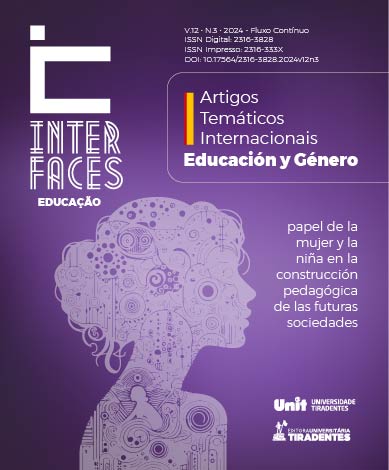ETHICAL TRAINING IN IMMANUEL KANT'S PRACTICAL PHILOSOPHY
UNDERSTANDING AND IMPLICATIONS FOR THE TEACHING PROFESSION
DOI:
https://doi.org/10.17564/2316-3828.2023v12n1p97-114Published
Downloads
Downloads
Issue
Section
License
A Revista oferece acesso livre e imediato ao seu conteúdo, seguindo o princípio de que disponibilizar gratuitamente o conhecimento científico contribui para a democratização do saber. Assume-se que, ao submeter um artigo, o(a) autor(a) se reconhece como detentor(a) do direito autoral sobre ele e autoriza seu livre uso pelos leitores, podendo ser, além de lido, baixado, copiado, distribuído e impresso.Abstract
This bibliographic article brings the theoretical-philosophical understanding and reflection of concepts and principles of the Ethical, Pedagogical and Educational thinking of Immanuel Kant (1724-1804), one of the great thinkers of the Enlightenment and German Idealism. As the basis of our reflections presented here is the question: how is it possible, according to Kant, to develop a moral and ethical human being, capable of moving, acting and wanting to live according to moral values and principles? Analyzing, understanding and reflecting on this issue, in addition to contemplating an educational action that considers the student in their different dimensions, not reducing or defining the human being only by their cognitive or technical capacity, by their skills and competences, can help in the understanding of a truly formative teaching profession, based on paths, horizons and alternatives for thinking and re-thinking the possible movements of educational and ethical action.


















